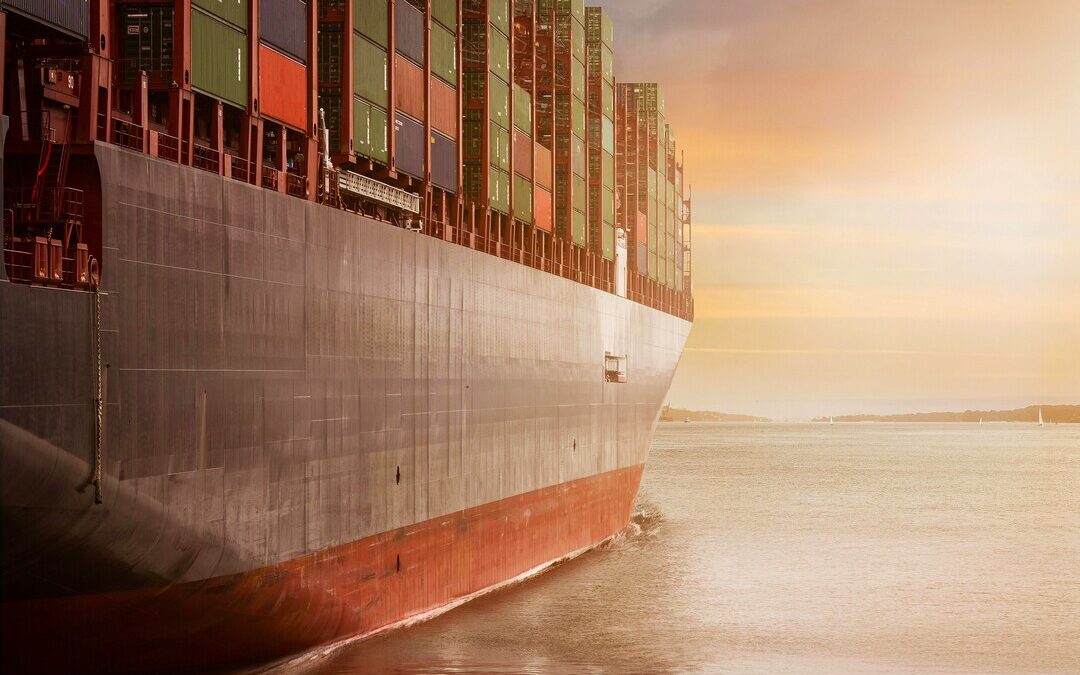Global Procurement Shifts as $13 Trillion Market Backs Sustainable Growth
Global procurement shifts are shaping resilient supply chains, driving sustainable growth and compliance with evolving ESG standards.
Public procurement, valued at nearly $13 trillion annually by the World Bank, is increasingly driving sustainability standards across global markets, according to the United Nations Global Compact’s latest report.
The study, “Procurement: A Catalyst for Sustainable Growth and Resilience,” argues that procurement decisions are now central to competitiveness, resilience and inclusive development.
By incorporating ESG factors into contracts and sourcing strategies, companies can mitigate risks while fostering sustainable growth.
“Supply chains are where today’s global challenges and opportunities meet,” said Sanda Ojiambo, assistant secretary-general and CEO of the UN Global Compact in the report. “By embedding sustainability into procurement, companies can turn every contract into a lever for equality, climate action and responsible consumption.”
From Values-Driven to Resilience-Driven
The report highlights how sustainable procurement has shifted from a values-based practice to a resilience-building imperative. Rising inflation, resource scarcity and geopolitical tensions have forced businesses to rethink how they secure materials and services.
Integrating ESG into procurement is increasingly viewed as a strategy for stability, rather than simply a statement of corporate values.
The UN Global Compact notes that companies engaging SMEs and diversifying suppliers are more agile in the face of disruption. Local sourcing not only mitigates risks from global shocks but also strengthens community ties, creating conditions for long-term sustainable growth.
“Procurement professionals now hold the keys to raising industry standards and turning supply chains into engines for positive change,” Ojiambo said.
Regulatory and Market Pressure
Governments are accelerating the shift. The European Union’s Corporate Sustainability Reporting Directive, the Corporate Sustainability Due Diligence Directive and the Regulation on Deforestation-Free Products are reshaping how companies manage supply chains. Even firms outside Europe must comply with these measures if they wish to access EU markets.
Yet compliance is challenging. Many companies cannot track sustainability performance beyond Tier 1 suppliers. SMEs, especially in emerging markets, struggle to provide verified data on emissions, human rights or biodiversity impacts. Limited digital infrastructure and resource constraints often prevent them from meeting rising standards.
Still, companies that delay action risk financial penalties, reputational harm, and exclusion from sustainable finance opportunities. Those who view procurement only as a compliance exercise may fall behind. By contrast, organizations that see sustainable procurement as a catalyst for innovation and sustainable growth are better positioned for long-term competitiveness.
Gender, Inclusivity and SMEs
The report emphasizes that inclusivity is essential. Procurement decisions that incorporate gender equality and supplier diversity can enhance resilience and innovation. Tools developed by UN Women and the International Trade Centre’s SheTrades initiative are helping bring women-owned businesses into corporate supply chains.
Case studies show the potential impact. JDE Peet’s, a global coffee company, collaborated with farmer cooperatives in western Kenya to train 36,000 small-scale farmers. Productivity increased by 30 percent, while women and youth gained greater roles in farming communities. By linking procurement to livelihoods, the initiative fostered resilience in an industry vulnerable to climate volatility.
Nevertheless, SMEs face steep hurdles. Many lack the funds or knowledge to comply with evolving requirements. The report emphasizes that collaboration, capacity building, and financial support are essential to ensure SMEs remain integral to global supply networks. Without such efforts, supply chains could become less inclusive, undermining community development.
Innovation and Technology
Technology is emerging as a vital enabler. Artificial intelligence, blockchain and digital traceability systems are improving oversight across multi-tiered supply chains. These tools help companies track emissions, labor conditions and sourcing locations with greater accuracy.
However, access is uneven. Large corporations can afford advanced platforms, but many SMEs cannot. The report warns that without collaborative solutions, smaller suppliers risk being excluded from contracts. Shared data systems, simplified frameworks and collective training initiatives are needed to close the gap.
The study also notes a rise in circular models. Electronics firms are adopting take-back programs to recycle materials, while beverage companies are investing in water stewardship. These models reduce environmental impact and create efficiencies that reinforce both resilience and sustainable growth.
Future Outlook: The Next Decade
The UN Global Compact predicts that the next 10 years will be decisive. Companies will face mounting pressure to track Scope 3 emissions, enforce human rights across supply chains and demonstrate biodiversity protection.
Artificial intelligence and predictive analytics will play a larger role in procurement, offering real-time insights on supplier risks. Verified data will become a key differentiator for market access. Circular business models, encouraged by regulation and consumer demand, will expand further.
The report stresses that sustainable growth will only be achieved through collective action. Governments, businesses, investors and civil society must align standards, build supplier capacity and invest in transparency tools. Without this cooperation, progress risks becoming fragmented and uneven.
“The path toward sustainable procurement is collective, evolving and pivotal to shaping the future of our economies and societies,” Ojiambo said. “Strong partnerships are built on trust and designed to be mutually beneficial. Only then can supply chains deliver inclusive, resilient and sustainable growth.”
Also Read:
Most Companies Skip ESG Screening in Supply Chains, S&P Global Finds
Nirmal Menon
Related posts

Subscribe
Error: Contact form not found.


